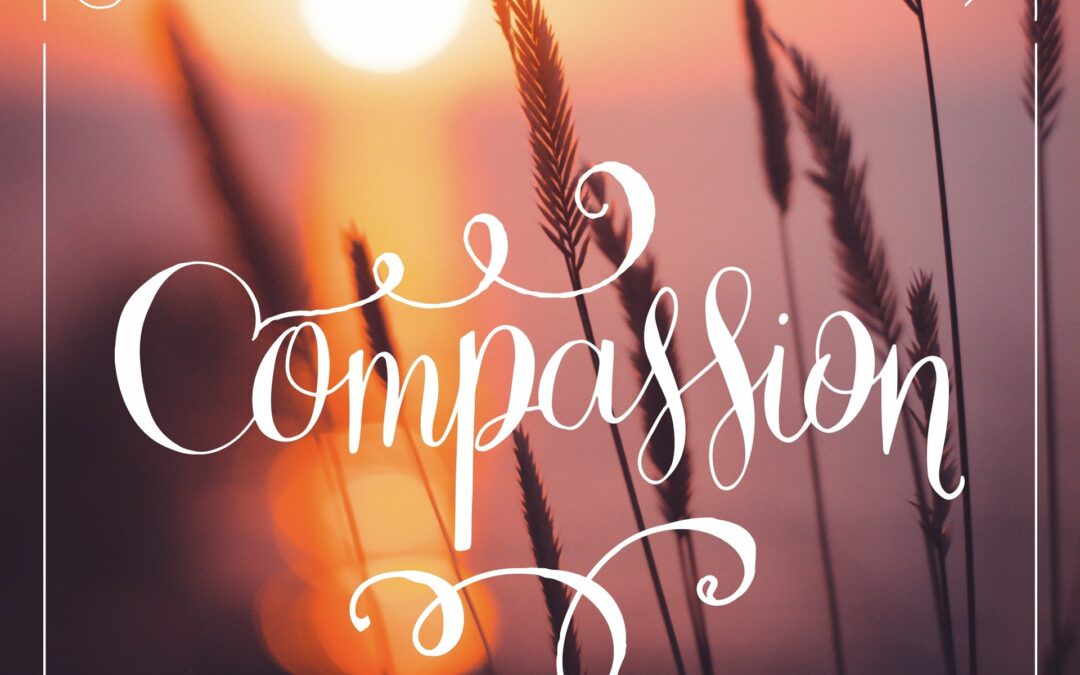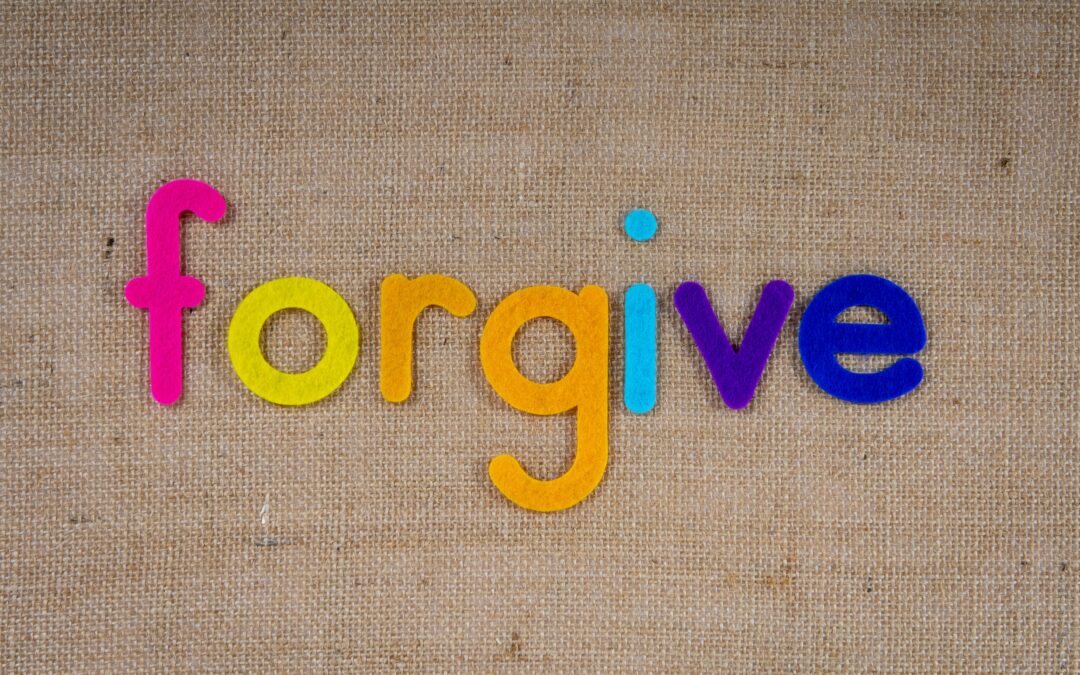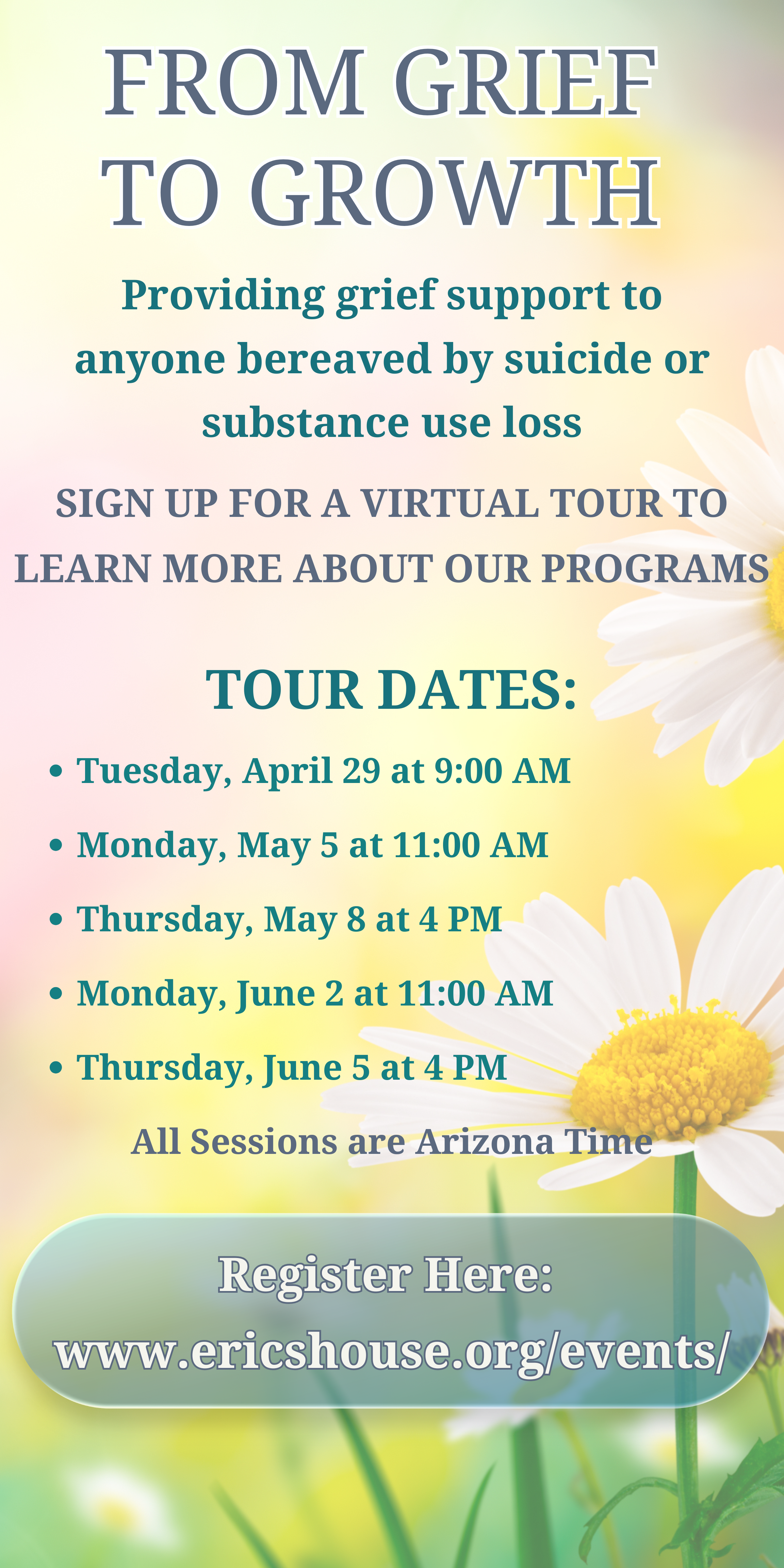Articles & Teachings
Survivor Resources

Animals & Grief by Judy Zimet
Animals and Grief Part I: According to World Animal Foundation 86.9 Million U.S. households share their lives with an animal, it is no wonder that much has been written about animals and grief. In this three-part series, we will first explore how animals help us move through our grief. Next, we will learn about grief after the loss of our pet, and finally we will look at how animals grieve. First, let’s explore how animals, whether watching them in the wild, or snuggling with them on the couch, helps us during our grief. Animals increase our happiness by providing a positive relationship. When we are grieving, animals are especially valuable because they offer companionship without...

Helping a Senior Parent Cope with the Loss of a Spouse by Lucille Rosetti
When your parent is in pain, you want to offer support and comfort, but if your parent is suffering because his or her spouse died, how can you help when you’re overcome with your own intense feelings of grief from losing a parent? Offering empathy and encouragement and ensuring your parent has the help he or she requires makes a world of difference. By helping your parent in his or her grieving, you’re also helping your own grieving process. EricsHouse.org presents some things to remember when you’re helping a parent cope with loss. Offering Empathy and Encouragement Remember that grief is experienced differently in individuals. Furthermore, while similar, losing a spouse and losing a...

Healthy Choices Inside Complex Grief by Sanjeev Javia
When we're deep in grief, healthy nutritional choices can not only be unattractive but they can be overwhelming. With so many decisions to make after a loss and the complex emotions attached to each one, the conscious decision of what to eat, when, and how much can seem inconsequential. However, how we eat has an impact on the energy and strength we will need to handle ourselves not only physically but emotionally. Food contains the fuel necessary for us to run the systems that allow us to positively make our journey through grief. Grief already puts a tremendous amount of stress on the body, gradually breaking it down, compounding this with poor nutrition can lead to such things as...

Breathe to Hear Your Body by Dr. Kathleen Rickard
In times of emotional upheaval and grief, our bodies are also affected. Why? There are many important functions of the body set up to protect us from real and perceived danger. When we are stressed, the nervous system, the hormonal system, the organ system, and the energetic system are all on high alert to be of assistance. With chronic stress, these and other systems of the body begin to malfunction and send even louder messages that we feel as body failures. All these changes can feel very frustrating. We have ways to understand the lack of ease in our bodies under stress. The first step is to recognize that the body is not failing because why would it give up without a fight? The body...

My Journey with EricsHouse by Robert Gruler
Losing a sibling changes your world in a heartbeat. Bonds are shattered, future events like birthdays and holidays will never be the same, a void is created that is impossible to ever be filled again. There is also guilt. You ask yourself, “what could I have done differently?” or “what could I have done to save them?” Dealing with grief means that one must lean into their emotions and become comfortable with the uncomfortable. Some individuals release their emotions by expressing their feelings, others cry, and some bottle it up. Being the man of the family, I had to be there for my mother and my other younger brother. I did not have time to focus on my pain, and I probably did not want to...

The Goal of The Journey by Greg Eckerman
“Metaphors have a way of holding the most truth in the least space” – Orson Scott Card We use the metaphor of a ‘journey’ for the struggle to survive the wilderness of grief often, and for good reasons: The most interesting journeys in life take us somewhere we have never been – they embody change. In losing a loved one, we have massive change thrust upon us. We are transformed. The griever has no idea where their grief will take them . . . or if they can even make the journey. Many journeys are hard work – sometimes frustrating, leaving us feeling like we’re not making real headway. We seem to be going back over the same ground . . . are we traveling in circles? Or is it...

Compassionate Listening- A Presentation by Marianne Gouveia
Many individuals bereaved by suicide experience a profound and life-changing disruption in almost all aspects of life. Why is suicide different? Often times, it is sudden, unexpected, violent and traumatic. It involves many layers of stigmatized emotions. Offering a compassionate and open way of listening to loss survivors is immensely helpful. What is compassionate listening? Setting aside your own psychological or emotional needs Shifting the point of focus away from self and onto the other Understanding and empathy with the goal to reduce pain and suffering Setting the conscious intention to listen without judgement or personal bias To learn more about compassionate listening...

Self Forgiveness As a Practice by Marianne Gouveia
“There is no sense in punishing your future for the mistakes of your past. Forgive yourself, grow from it, and then let it go.” -- Melanie Koulouris When we lose someone we love, we often see ourselves as failures for our inability to keep our loved ones alive. My son Eric died over six years ago. I spent many days wondering what I could have done differently. The endless questions that continue to haunt us. . . Why didn’t I see the signs? Why didn’t I get there sooner? Would he be alive if I didn’t work? What if I changed doctors? Endless thoughts spinning around in my head like little tops. At times, these thoughts have taken control. They seem infinite and each time I...

What Happens Now?
What Happens Now? Dealing with aftermath of a traumatic loss is a complex process, not a one-time event. One in every six Americans are impacted by loss due to suicide, either directly or indirectly. Inevitably, every human being deals with a traumatic loss in one way or another. Grief from suicide loss is life-changing and earth-shattering, and requires an examination of your past, present, and lost future relationship with your loved one. Society today stigmatizes not only the loss but the very fact that we grieve. Rather than just learning to cope with the loss, it is important that we look at ways to grow from the loss, i.e., post-traumatic growth. Clinically, there...

Journaling the Journey
Journaling the Journey Writing when facing a deeply painful and emotional loss journaling is one of the best ways to sort through the complex mix of confusing emotions. There are no rules to keeping a journal, but here are some options to consider when making the decision if keeping journal would be helpful to you. Only 15 minutes a day, 4 days a week will help release some of the endlessly confusing and conflicting emotions. Pick a writing medium that works for you — both pen and paper — or a computer or tablet. You should feel comfortable and compelled to write at least 4 times per week. There are also on-line journals where, if you wish to share, you are able to share...

Mindfulness
Mindfulness We hear a lot these days about mindfulness. Mindfulness is a form of meditation. Mindfulness is a process of bringing your attention to your internal experiences in the present moment, being fully present and aware of what you are doing — not about what is happening around you. The term “mindfulness” is a translation of the term “sati” — meaning awareness or mindfulness — which is a significant element of some Buddhist traditions. It is widely accepted that regular practice of mindfulness contributes to greater well-being. After a traumatic loss, we want to stay close to our grief. We want to be in the thick of it, consumed by it. It is necessary to allow...

Meditation
Meditation People have practiced meditation for thousands of years as a path to ultimate consciousness, to develop the ability to concentrate, to understand the mind, and regulate thoughts, feelings, and emotions. There are a multitude of practices and techniques to reach a heightened level of consciousness. True meditation is a means of putting yourself into a state of profound deep peace to achieve inner transformation and a higher state of awareness. When meditating while grieving the loss of your loved one, it is important to allow yourself to feel the pain rather than try to avoid them or pretend that you do not feel them. There are many free grief meditations in the...

Affirmations and Mantras
Affirmations and Mantras One highly effective way of taking care of yourself during your grief journey is to find ways of grieving that make you feel better. Sounds simple! In fact, positive words and thoughts can and will help you. Find words that empower you to feel your pain, that motivate you to feel better, and over time you pain can be eased at least a little bit. In short, words are powerful tools to help transform your grief into something positive. There are many biblical references that can be used as affirmations. One that I used during the worst part of my journey was one that I received during a Catholic mass — “All you holy men and women pray for us”. For...

Social Support
Social Support It is not uncommon for those who have experienced traumatic loss to seek engagement with other people who have experienced similar losses. Support groups are a good place to start, but they are not for everyone. I went to a suicide support group hosted by Survivors of Suicide (S.O.S., www.survivorsofsuicide.com) and it was extremely helpful. It allowed me to share, vent, cry, and lament in a very safe setting. Others look for support from their social outlets such as family, friends, and church groups. Since we all respond to loss differently, surrounding yourself with the right people is important because not everyone is comfortable with talking about your...

Tattoos
Tattoos When you lose someone you love, often we have the desire to create a permanent memory by getting a tattoo. It symbolizes the unbreakable bond that is inked into your skin as a permanent memorial. One good resource is Susan Salluce (www.susansalluce.com), a grief specialist and author of “Grief Ink”. Susan says that tattoos become the foundation for one’s loss narrative. In addition, the tattoo gives us the invitation to continue talking about our loved one, the meaning that he or she had in our life, and how this individual continues to impact us. If you are looking for ideas on tattoos that capture the essence of your loved one, Pinterest (www.pinterest.com) has...

Music and Playlists
Music and Playlists People who have experienced a significant loss often find it hard to express their emotions. Research shows that music can significantly reduce grief symptoms, and it can aid in helping to remember your loved one. Music can sometimes convey the complexity of our feelings better than words. Creating a playlist that can help you through your grief is very useful. You can also create a playlist that captures the essence of your loved one by including songs by your loved one’s favorite artists or that remind you of your loved one. There are many resources out there that have playlists available for almost any type of loss. Spotify has some lists put...
Media






















